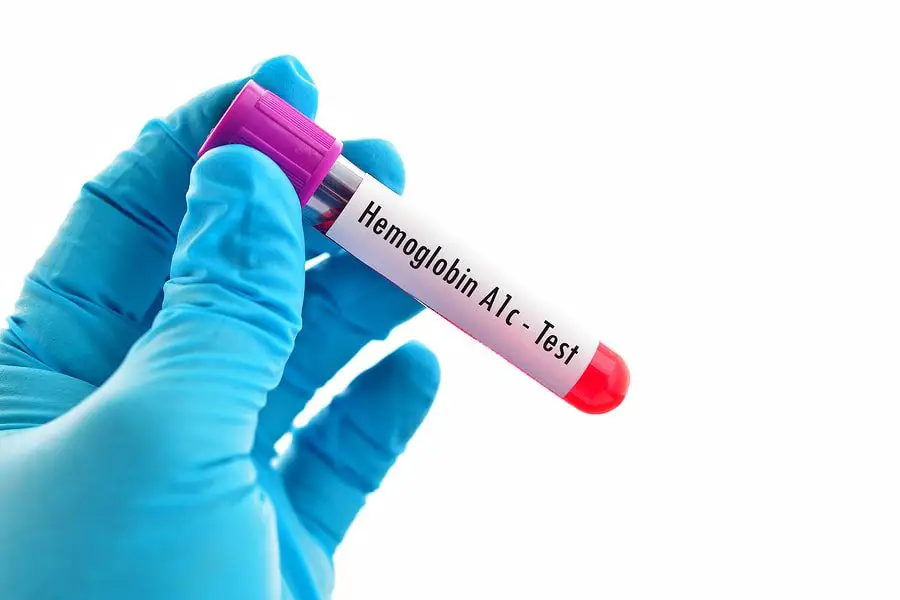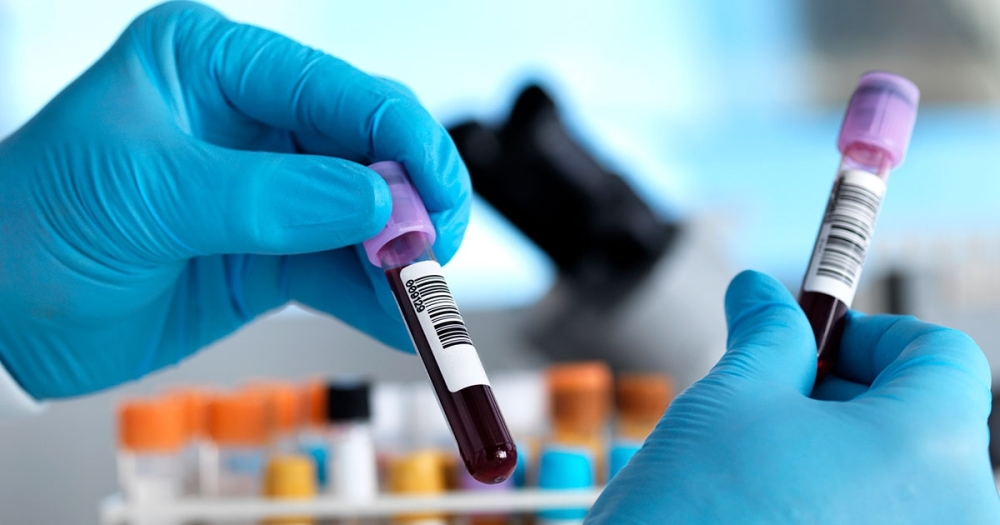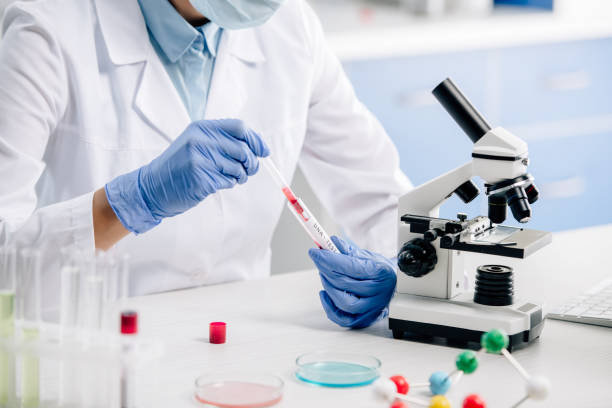We all know how hemoglobin is essential for transporting oxygen throughout the body. But do you know, all of us have some amount of sugar attached to our hemoglobin? Yes, you heard it right, and the more glucose in your blood, the more it gets attached.
The hemoglobin A1c test also known as the HbA1c test tells you how much glucose, or blood sugar, has been in your bloodstream over the last three months. It’s also known as the glycated hemoglobin test and glycohemoglobin.
Your HbA1c should be tested every 3 to 6 months, and that’s why if you are in Pune, searching for a genuine diagnostic center, then we are the right choice for you. Sunrise Diagnostic is one of the best diagnostic centers in Pune where we provide various services related to health checkups.
- Why the HbA1c test is important?
This test is important as it identifies diabetes and keeps track of how well diabetes is being controlled.
Hemoglobin is the protein substance in red blood cells that carries oxygen throughout the body. Specifically, the HbA1C test measures how much hemoglobin proteins in your blood are glycated which means coated with sugar.
The more glucose is in the blood, the more glucose is attached to hemoglobin. High HbA1c levels are linked with diabetes-associated problems such as heart disease, stroke, kidney failure, loss of sight, and foot ulcers. Thus, knowing your HbA1c level helps you reduce your risk of devastating complications.
Normal levels of glucose produce a traditional amount of glycated hemoglobin. People with diabetes got to do that test regularly to ascertain if their levels are staying within range. It can tell if you would like to regulate your diabetes medicines.
- When should one get a blood sugar test done?
If you have any of the following symptoms, consult your doctor about getting your blood sugar tested:
- Urinate a lot, often at night
- Feel thirsty frequently
- Lose weight without trying
- Have blurry vision
- Have numb or tingling hands or feet
- Feel very tired
- Have very dry skin
- Have sores that heal slowly
Most people will have the test every three to 6 months. But you’ll need it more often if you’re planning for a baby, your treatment has recently changed, or you’re having problems managing your blood glucose levels.
- Why hemoglobin a1c test done?
- To screen for prediabetes and diabetes.
- To diagnose prediabetes and type 1 and type 2 diabetes.
- To monitor diabetes.
- How does the test works?
Red blood cells live for about 3 months and once a hemoglobin molecule is glycated, it remains that way, so the test shows the average level of glucose in your blood for the past 3 months. If your glucose levels are high over recent weeks, your hemoglobin A1c test is going to be higher.
- How often will I need the test after?
How often you need the HbA1c test depends on:
- The type of diabetes you have
- Your blood sugar control
- Your treatment plan
If your test results show that you simply have prediabetes, this suggests that you simply could have an increased risk of diabetes in the coming years. If so, your doctor may advise you to make changes to lifestyle changes that could reduce your chance of developing diabetes.
If you’re given a diagnosis of diabetes, your doctor or another health care provider may offer you advice about monitoring and managing the disease over time. You may also be prescribed medicine and advised on lifestyle and dietary changes to help control your blood sugar.
When the hemoglobin A1c test is employed to watch diabetes, you and your doctor will work together to determine a target or goal hemoglobin A1c number.
- Preparation for the HbA1c Test
The hemoglobin A1c test requires a blood sample. It’s not a fasting test. You can check it any time of day, before or after eating. At a lab, the sample is taken through a needle from a vein. Doctors can recommend this test to find out how the patient is managing diabetes, to diagnose diabetes. You do not get to make any specific preparations before getting your hemoglobin A1c test. If your hemoglobin A1c test uses a fingerstick blood sample which is mainly used for people having diabetes, your doctor, nurse, or medical assistant will use a lancet to prick the tip of your finger for a blood drop.
Diabetes can affect every part of your body, from your eyes to your feet. A critical part of managing diabetes is getting routine tests and checkups which will spot problems early to assist prevent complications.
That’s why, if in case you are searching for the best diagnostic center in Pune, you can rely on Sunrise Diagnostic Pune.
They will guide you through the process. Sunrise Diagnostic is one of the best diagnostic centers in Pune because they have a team of expert pathologists to ensure quality and hygiene in sample collection and high accuracy in results.
Table of Contents
Frequently Asked Questions (FAQs)
1. What is an HbA1c test and why is it important?
An HbA1c test measures your average blood sugar level over the last 3 months. It helps diagnose diabetes, monitor sugar control, and prevent complications like heart disease and kidney damage.
2. When should I get an HbA1c test in Pune?
You should get an HbA1c test if you have symptoms like frequent urination, excessive thirst, fatigue, blurry vision, or slow-healing wounds. Diabetics should test every 3–6 months.
3. What is the normal HbA1c level for adults?
A normal HbA1c level is below 5.7%. Levels between 5.7%–6.4% indicate prediabetes, and 6.5% or higher suggests diabetes.
4. Do I need to fast before an HbA1c blood test?
No. The HbA1c test does not require fasting. You can take it anytime, before or after meals.
5. What causes high HbA1c levels?
High HbA1c levels are caused by prolonged high blood sugar, uncontrolled diabetes, poor diet, lack of exercise, stress, or inconsistent medication use.
6. How often should diabetics take the HbA1c test?
Diabetics should take the HbA1c test every 3–6 months to track blood sugar control and adjust treatment if needed.
7. Where can I get an accurate HbA1c test in Pune?
You can get a reliable HbA1c test at Sunrise Diagnostic in Pune, known for expert pathologists, hygienic sample collection, and accurate diabetes testing.
8. Does Sunrise Diagnostic offer home sample collection for the HbA1c test?
Yes. Sunrise Diagnostic provides home blood sample collection across Pune for HbA1c tests and full diabetes checkups.
CONTACT INFO

Dr. Karishma Shinde, B.H.M.S (MUHS Nashik) PGD, EMS (RHC Pune and the Director of Sunrise diagnostics Centre along with her team works with a vision of rendering care for the happiness of humankind and freedom from illness.




